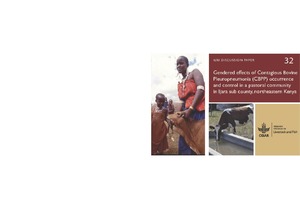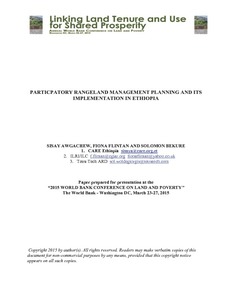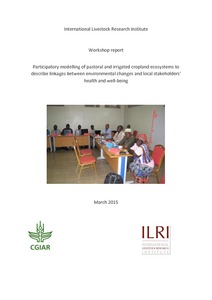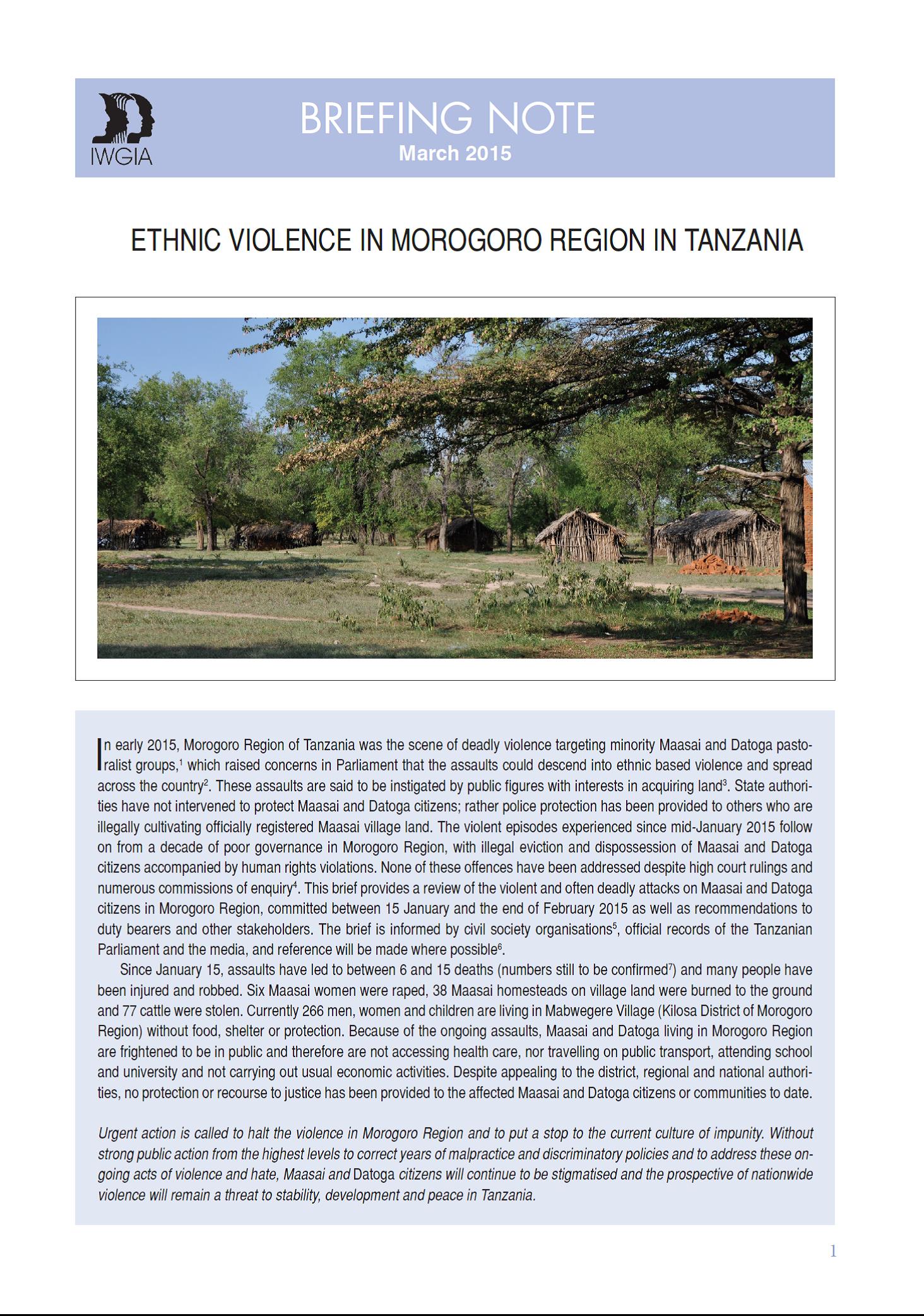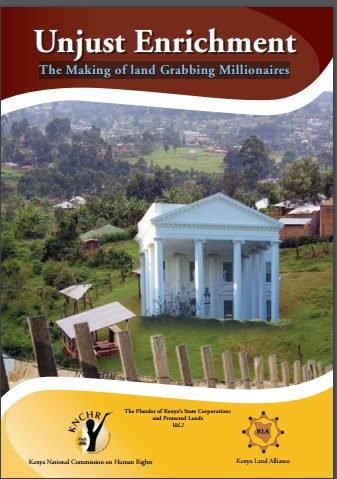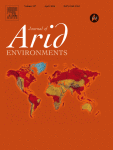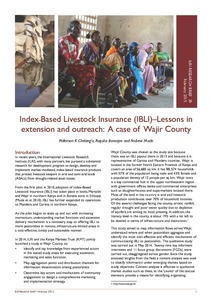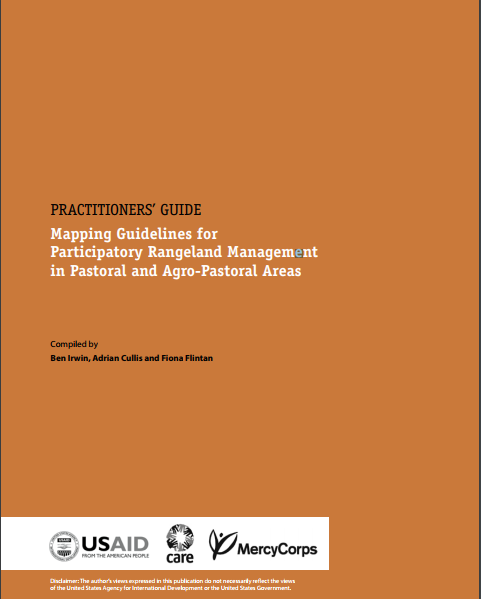Shaping the Herders’ “Mental Maps”: Participatory Mapping with Pastoralists’ to Understand Their Grazing Area Differentiation and Characterization
Understanding the perception of environmental resources by the users is an important element in planning its sustainable use and management. Pastoralist communities manage their vast grazing territories and exploit resource variability through strategic mobility. However, the knowledge on which pastoralists’ resource management is based and their perception of the grazing areas has received limited attention.


